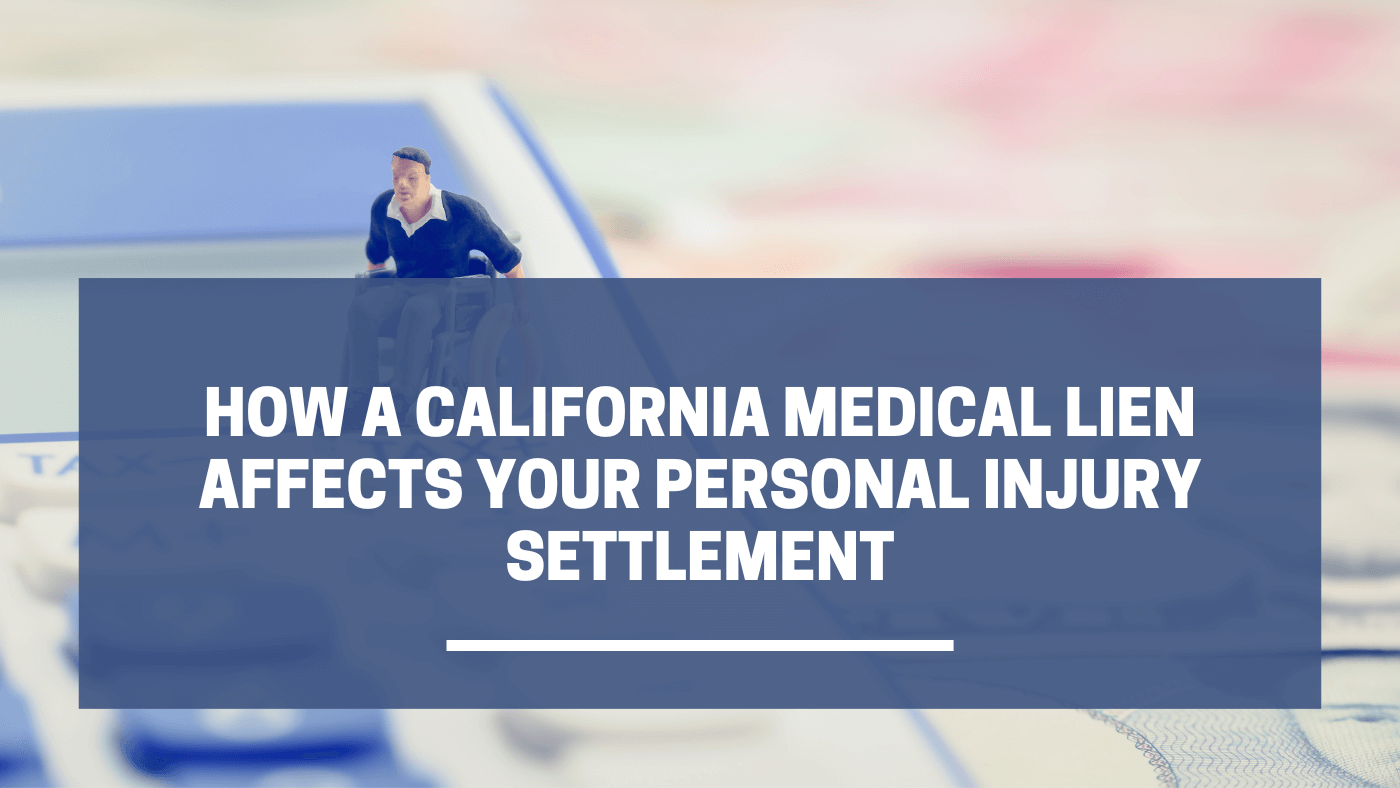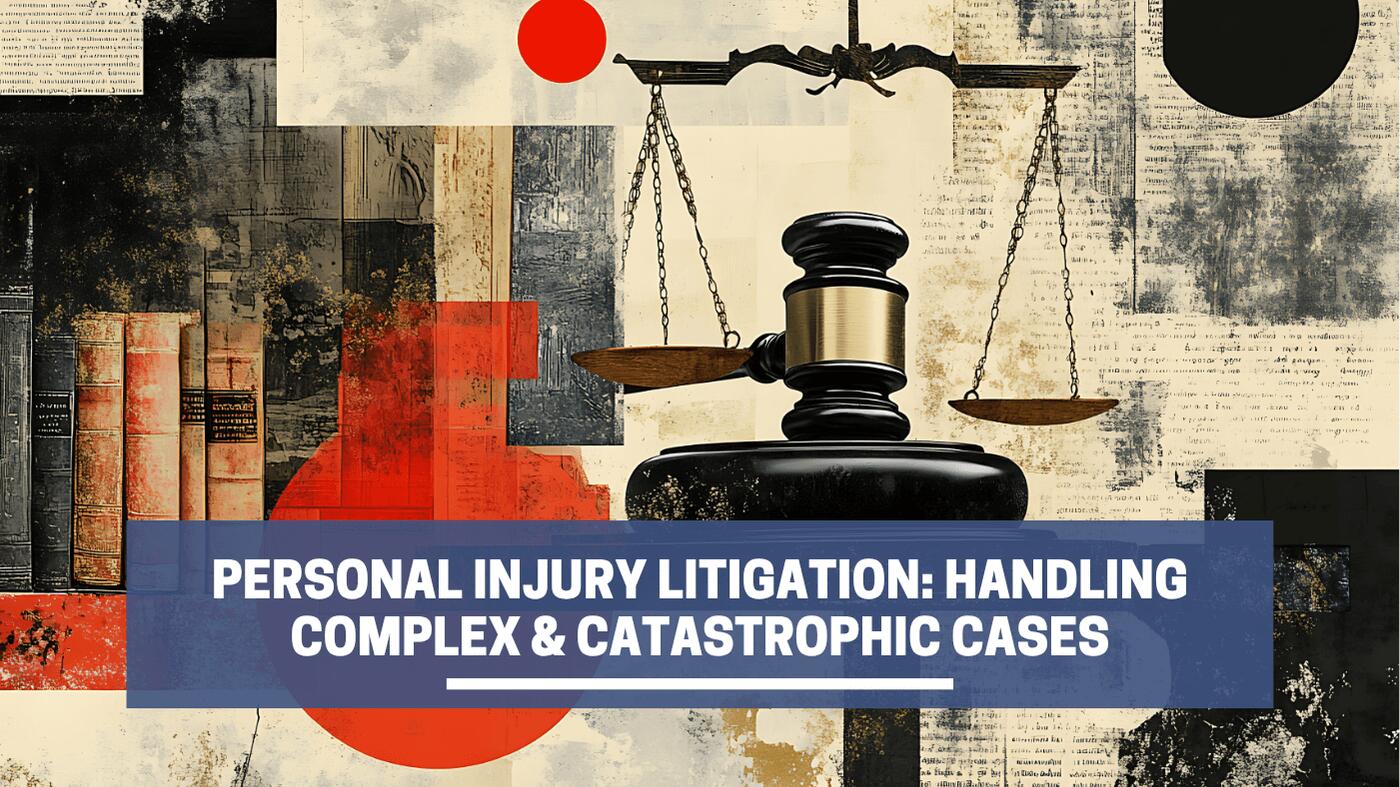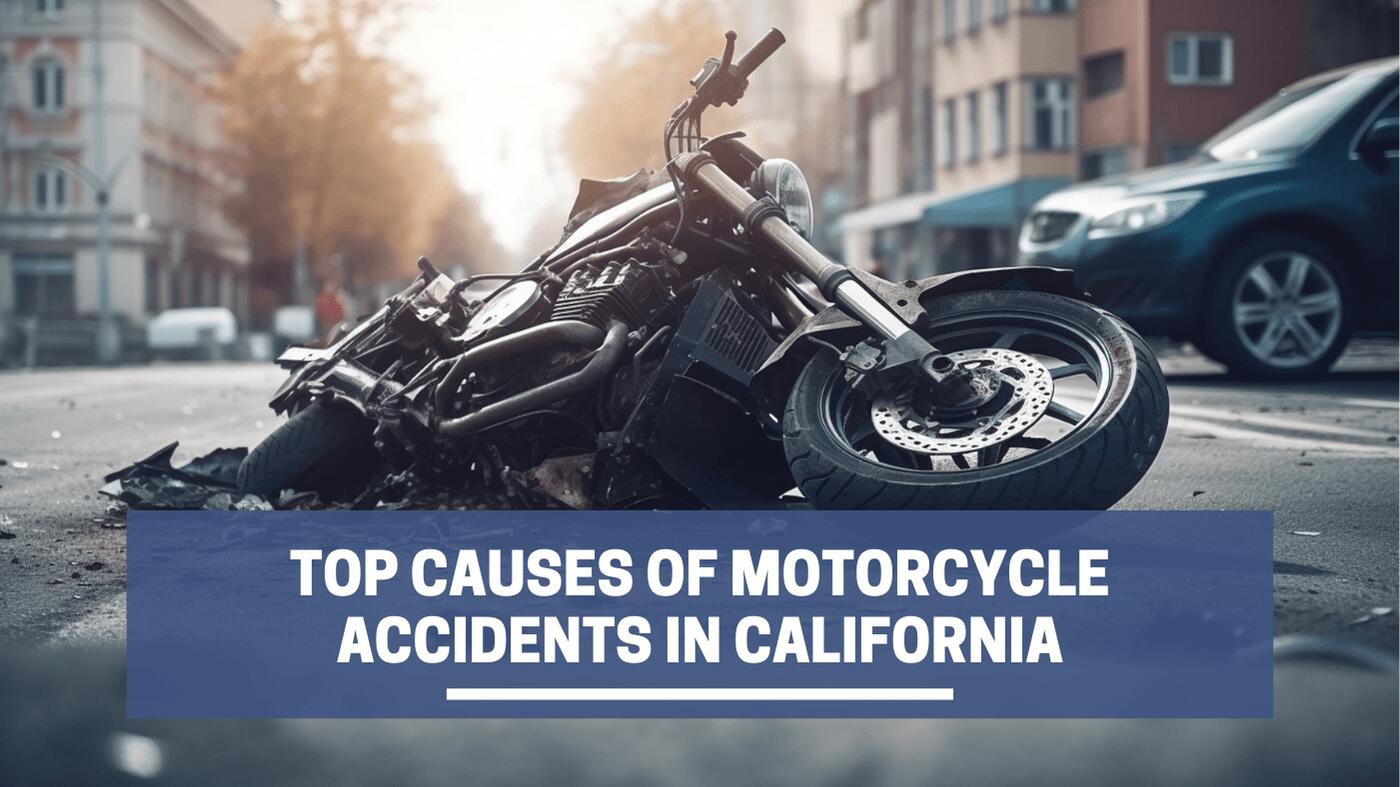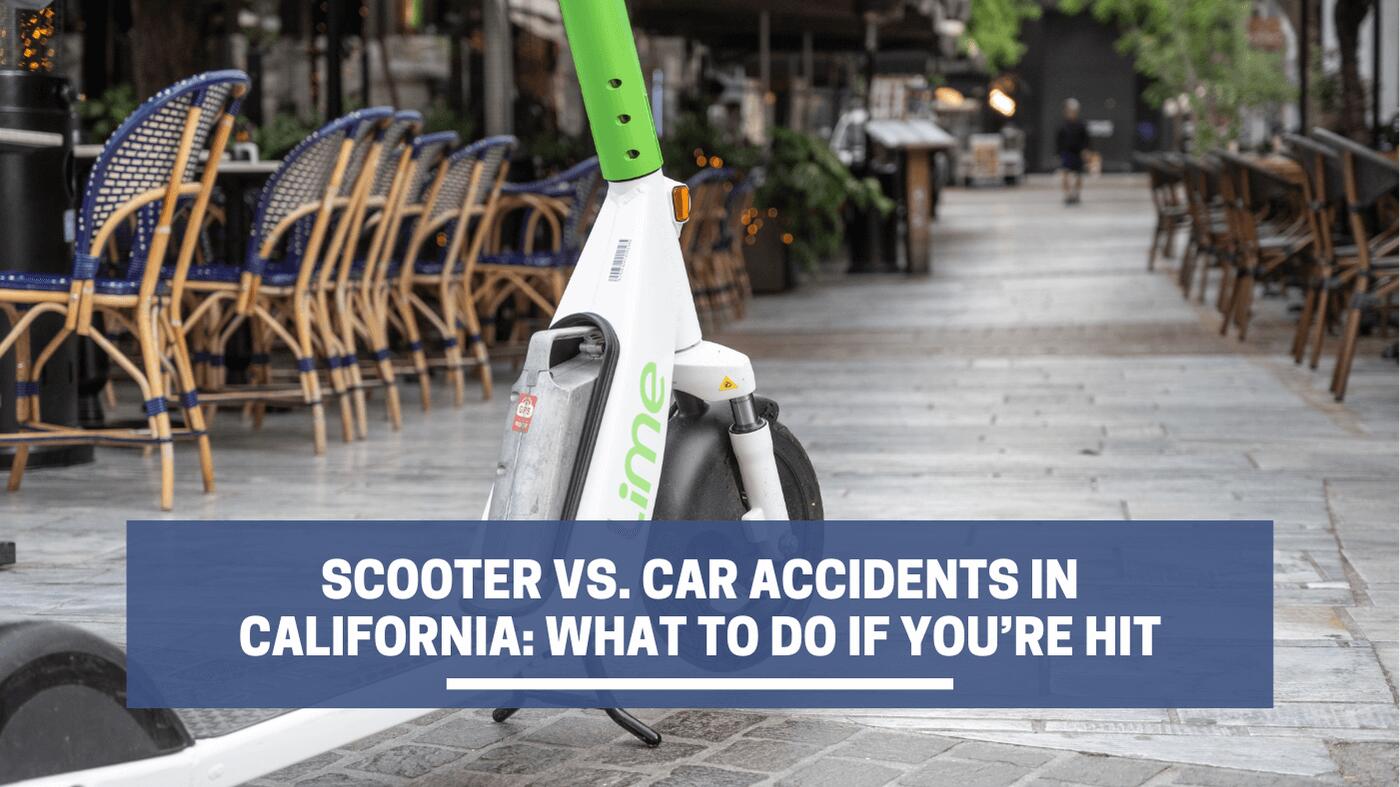Getting injured in an accident can be a traumatic experience, physically and financially. While seeking medical care is a crucial first step toward recovery for car accident victims, paying for it can be challenging, especially if you incur expensive medical bills after your crash.
To help you access the medical care you need, some healthcare providers may offer treatment in exchange for a medical lien. This lien lets you receive upfront care, which you pay back from your personal injury settlement or judgment.
If you’re struggling to pay off a medical lien, you may benefit from the services of a California personal injury attorney. At The Shirvanian Law Firm, we can help negotiate on your behalf for a fair settlement to help cover the healthcare costs owed to your providers.
What is a Medical Lien or Hospital Lien?
Medical and hospital liens are legally binding contracts between patients and their healthcare provider, such as the hospital or doctor. The lien agreement stipulates that the provider must offer medical treatment to the patient. In exchange, the injured patient agrees to pay the medical lien with the proceeds from their personal injury settlement.
Upon signing the lien agreement, your provider will notify all interested parties of the agreement, including your insurance company, attorney, and court. By implementing the lien, the healthcare provider ensures they receive payment from your compensation.
California law allows providers to impose liens on patients for emergency and continuing medical treatment under reasonable and customary charges. However, medical liens only apply to third-party recoveries, whether they are judgments, settlements, or arbitration awards.
When the hospital seeks to assert a lien against your personal injury settlement, they must deliver or mail the notice of your lien with the return receipt requested or prepaid postage. The notice must include:
- Name and address of the injured person
- Name and location of the hospital
- The amount claimed for medical care
- Name of each person or entity known to the hospital to be liable to the injured person
Accident victims agree to medical liens for several reasons. These can include lacking health insurance coverage, including private health insurance, Medi-Cal, or Medicare, or having an insurance policy with a copay or deductible that is too expensive. A person may also take on medical liens because adequate medical care isn’t affordable, and they plan to pursue a personal injury settlement.
What if I Have Health Insurance, Medicare, or Medicaid to Cover My Medical Bills?
Medical liens may not be necessary when you have health insurance since your carrier will typically cover your medical bills. However, subrogation allows insurance companies to recoup their losses. The subrogation process lets insurers recover what they paid for medical expenses during your car accident settlement process.
The subrogation process may reduce settlements even if you have Med Pay insurance or government-funded insurance, like Medicaid or Medicare. For example, you sustained injuries in a car accident caused by another driver. Your health insurance covers $30,000 in medical expenses. You hire an attorney, file a lawsuit against the at-fault driver, and receive $100,000 as compensation for your injuries.
The subrogation clause in your health insurance policy allows your insurer to recoup the $30,000 for their medical care services to you. The subrogation reduces your settlement by $30,000. Although you recovered some compensation, the subrogation process reduced the amount you received in your settlement.
Medical liens can also affect how much money you can receive in your settlement. Since medical liens are legally binding between you and your medical provider, the provider can claim the full amount of the lien. Even when you don’t win your case, you agree to be personally responsible for paying those bills. The provider can take legal action if the personal injury settlement isn’t enough to pay for the lien.
Are Medical Liens Negotiable?
An experienced personal injury attorney can help you find a healthcare provider who offers reasonable lien terms before signing an agreement. If you have a signed lien agreement, the attorney can still negotiate with the lienholder to reduce the amount you owe in the lien or work out a payment plan.
California Civil Code 3045.4 limits how much money a hospital can recover from your injury settlement. The hospital can only receive 50% of your compensation after you pay your attorney. Your attorney will deduct their attorney’s fees and other legal costs from your settlement before giving the share to the provider.
However, when negotiating subrogation with an insurance company, your attorney will refer to relevant California laws for your settlement.
California Civil Code 3040
California Civil Code 3040 limits the amount of money health insurance companies can recover from your award. The amount they can take back is either the actual cost of medical services they paid for or a certain percentage of the settlement amount based on varying factors, whichever is less.
The medical care costs depend on how the health insurance company pays the provider. Providers who receive capitation payments from insurers for each patient they treat should not receive more than 80% of what they usually charge patients. The physician can receive payment based on the entire medical bill if the insurer pays them on a non-capitation basis.
When you work with an attorney, the insurer may recover up to ⅓ of the settlement. If you don’t hire an attorney, the insurance company can recoup up to 50% of your compensation.
Made Whole Doctrine
The Made Whole Doctrine protects your right to your settlement if it cannot cover all your losses. This doctrine prevents your insurer from recovering the medical expenses until you have been “made whole” or received total compensation for your injuries. If the liable party can’t give you total compensation, the insurance company cannot seek payment from your settlement.
Common Fund Doctrine
A health insurer may recover a reduced amount based on the reasonable fees and costs you had to pay your attorney under the common fund doctrine. Since you and the insurance company receive compensation from the settlement, the insurance company should share the attorneys’ costs of obtaining that settlement.
The doctrine protects you from being forced to pay the full cost of their attorney fees without the help of insurance companies who have subrogation rights.
FAQs
How are personal injury settlements paid out in California?
You must clear all medical liens and pay the attorney’s fees and costs to receive your settlement funds. Your settlement cannot be disbursed until you agree with the lienholder and pay them. Your attorney will work with your healthcare providers or insurers to negotiate the payment of your liens under applicable California laws.
What are medical liens with regards to injury settlements in California?
Healthcare providers can create a medical lien when they offer treatment at a discounted rate or without charging upfront for their services. However, a medical lien allows healthcare providers to receive payment for the treatment of an injured person from a personal injury claim.
This ensures the healthcare provider receives compensation, while the injured party can receive the treatment they need without worrying about immediate payment. Healthcare providers can take legal action if their medical liens are unpaid.
What is the statute of limitation for a medical lien in California?
The healthcare provider who treated you has the right to request payment for the lien. You have four years to pay your lien agreement after signing the contract. If you do not pay, the lienholder can seek the funds in a civil action.
Do I have to pay medical bills from my settlement in California?
Medical bills are often included in personal injury settlements, and healthcare providers may have a legal right to receive payment from your settlement proceeds through medical liens. If you have health insurance, your insurance company may pursue reimbursement for any medical expenses they paid through subrogation.
What if I lose my personal injury case?
If you lose your personal injury case, you are responsible for paying off the lien to your medical providers. The lien agreement is a legally binding contract you must pay off, whether or not you win settlement funds. If you cannot pay, the lienholder can pursue legal action to collect the debt.
Schedule a Free Case Consultation
Medical liens can be a source of stress for individuals injured in an accident. The car accident attorney at The Shirvanian Law Firm can help you negotiate a reduced bill or payment plan with your healthcare provider.
Contact us for a free consultation. Our experienced attorney will evaluate your lien notice and help you determine the best course of legal action for your case.











